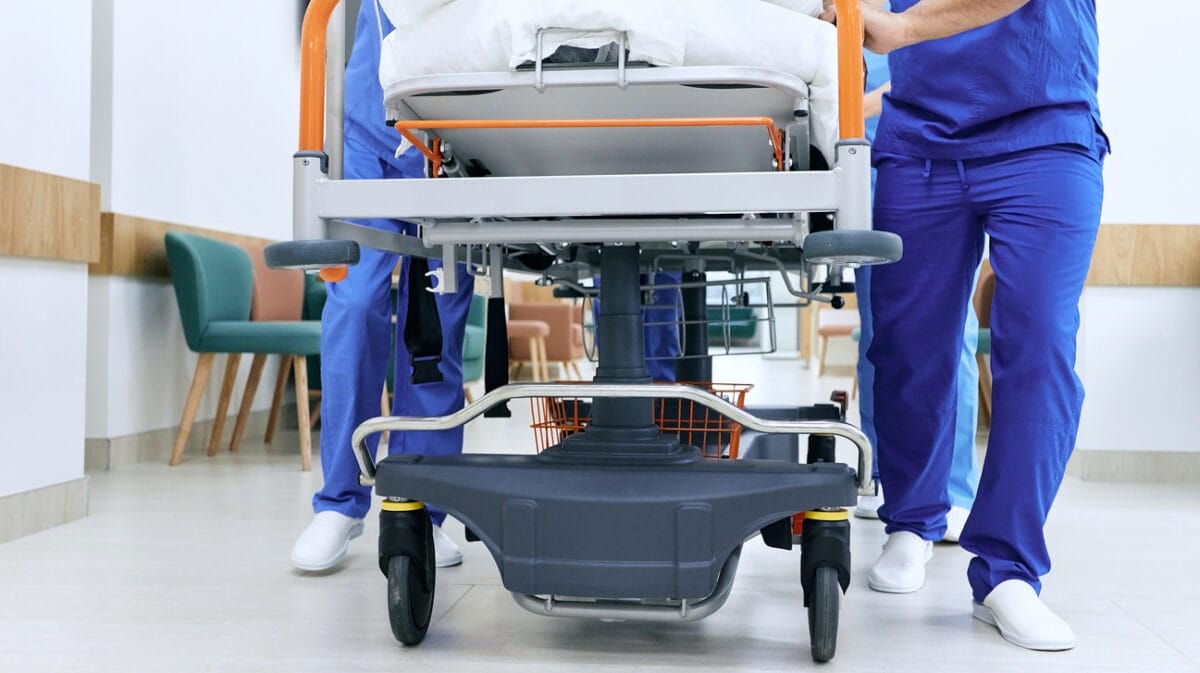Will doctors still try to save me if I’m an organ donor?
Actually, a person can only be an organ donor if medical professionals do everything they can to save their life in an emergency.

There are many reasons registering to be an organ, eye and tissue donor doesn’t impact the care you receive during an emergency or at the hospital. Some of them are:
It’s in the hospital’s best interest to save lives
Keeping injured people alive is what hospital care teams want. Emergency rooms and Intensive Care Units (ICU’s) with good outcomes and high percentages of lives saved, means higher morale, a better reputation and higher rankings. More patients successfully being saved leads to additional resources and attracts more skilled doctors and nurses.
For hospitals, saving lives is not only consistent with their mission, but also best for the bottom line.
Organ donation is rarer than you think, yet the demand of transplants is common
1%. That’s the percentage of people in the United States who are actually able to become donors after death. In fact, you are more likely to need a transplant than to become an organ donor. This is because the way a person dies determines their ability to be an organ donor. Organ donors must pass away in a hospital, on ventilated support – which keeps the blood oxygenated and organs viable after death. This creates a unique situation for organ donation to be possible. The person has passed away but because the ventilator is breathing for them, their organs are still receiving oxygen. For organ donation to happen, a person must stay on the ventilator up until the time the organs are being recovered to continue providing that oxygen.
Hospitals don’t decide who becomes an organ donor
Third party organizations known as Organ Procurement Organizations (or OPOs), like LifeSource determine if a person who has passed away at a hospital, on a ventilator is a candidate for organ donation. OPO’s are the only organizations with access to the registry, so they check to determine if a person was registered as a donor.
Once a patient is declared brain dead and the OPO determines that donation is a possibility, the non-profit OPO assumes care of the patient. The OPO runs the human leukocyte antigen (HLA) testing to show compatibility between the donor and potential recipients on the national waiting list. Organ placement is then handled by a separate non-profit, United Network of Organ Sharing (UNOS) which systematically considers countless variables to determine the best match between donor and recipients.
“First, do no harm”
This is an abbreviated version of the Hippocratic Oath, which is a traditional ethical code many new physicians in the US commit to. Many nurses have a similar pledge known as the Nightengale Pledge – which is a promise to practice medicine with integrity and to heal with compassion.
In any case, the patient in front of the healthcare provider is their first priority. Nurses and doctors went to school to learn to heal and continuously learn how to best save and heal lives.
 Skip to main content
Skip to main content
